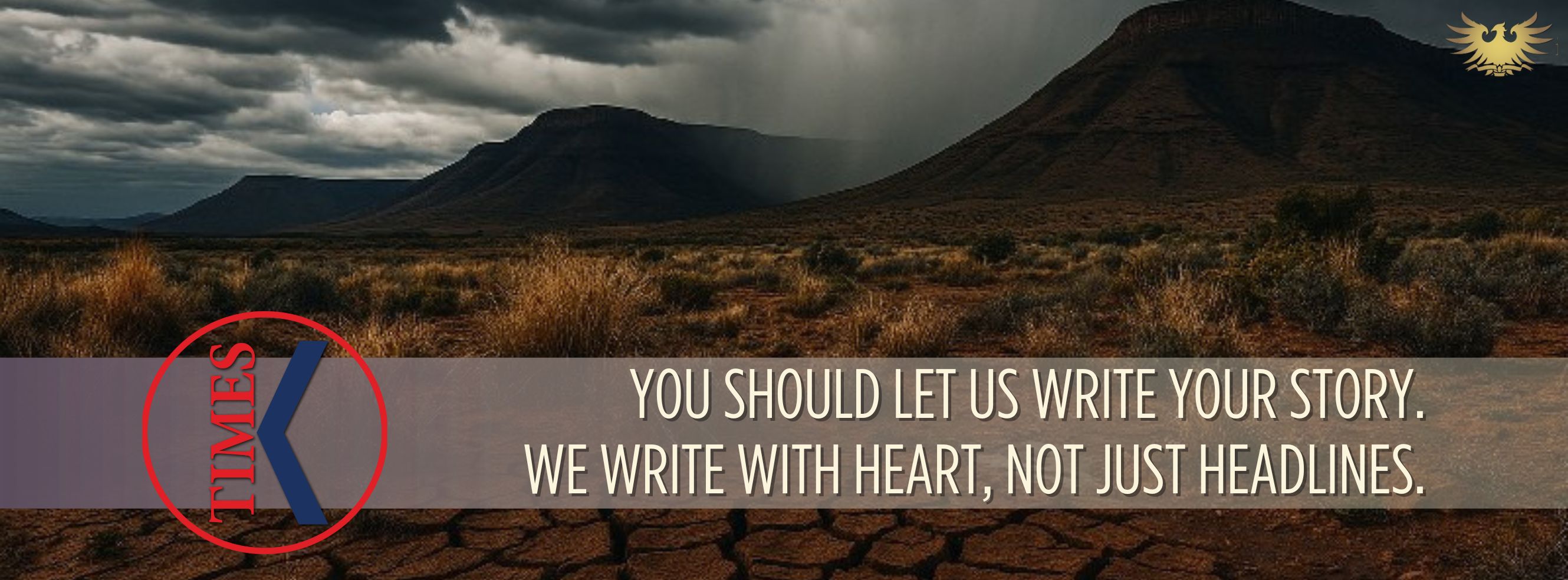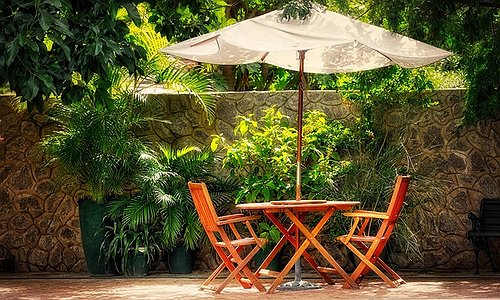Karoo shale gas revival seeks U.S. partnership

South Africa is reigniting interest in shale gas exploration in the Karoo Basin, seeking U.S. support for hydraulic fracturing technology. The Karoo Basin is estimated to hold between 13 and 209 trillion cubic feet of gas. This initiative aims to reduce reliance on coal and address energy shortages, despite ongoing environmental concerns and legal challenges.
A strategic pivot towards energy security
In a significant move to address its energy challenges, South Africa is turning its attention back to the vast shale gas reserves of the Karoo Basin. The government is actively seeking a partnership with the United States to acquire hydraulic fracturing technology, essential for unlocking these resources.
This collaboration is part of a broader strategy to diversify the country's energy portfolio and reduce dependence on coal.
Potential of the Karoo Basin
The Karoo Basin, encompassing regions such as Beaufort West and Graaff-Reinet, is believed to contain substantial shale gas reserves. Estimates vary, with figures ranging from 13 to 209 trillion cubic feet of recoverable gas.
These reserves, if tapped, could significantly bolster South Africa's energy supply, providing a cleaner alternative to coal and helping to alleviate the country's frequent power outages.
U.S. collaboration and trade proposals
During a recent visit to Washington, President Cyril Ramaphosa proposed a comprehensive trade agreement with the United States. This includes the annual import of 75 to 100 million cubic feet of liquefied natural gas (LNG) over a decade, amounting to a potential $12 billion in trade.
In return, South Africa seeks U.S. expertise in hydraulic fracturing to develop its own shale gas resources. The proposal also encompasses duty-free quotas for exporting vehicles, steel, and aluminium to the U.S., aiming to strengthen economic ties between the two nations.
Environmental concerns and legal hurdles
Despite the economic potential, the initiative faces significant opposition from environmental groups and local communities. Concerns centre around the potential risks of hydraulic fracturing, particularly in the arid Karoo region where water is scarce. In 2017, South Africa's High Court invalidated existing fracking regulations, citing environmental risks and the need for more comprehensive legislation. The government is currently working on new hydrocarbon laws to address these issues and provide a clearer framework for exploration.
Economic implications for the Karoo
Proponents of the shale gas project argue that it could bring substantial economic benefits to the Karoo region. A study by Econometrix suggests that developing the shale gas industry could create up to 700,000 jobs and contribute R200 billion to the national GDP.
This could be transformative for local communities, offering employment opportunities and stimulating economic growth in an area that has long faced economic challenges.
Balancing development and conservation
The path forward involves balancing the potential economic and energy benefits with the need to protect the Karoo's unique environment. The government has emphasized that any development will be subject to strict environmental assessments and regulations.
Engaging with local communities and stakeholders will be critical to ensure that development proceeds responsibly and sustainably.
South Africa's renewed focus on the Karoo's shale gas reserves represents a strategic effort to increase energy security and stimulate economic growth. By seeking a partnership with the United States, the country aims to acquire the necessary technology and expertise to develop these resources responsibly. However, addressing environmental concerns and providing robust legal frameworks will be essential to the success and sustainability of this initiative.




